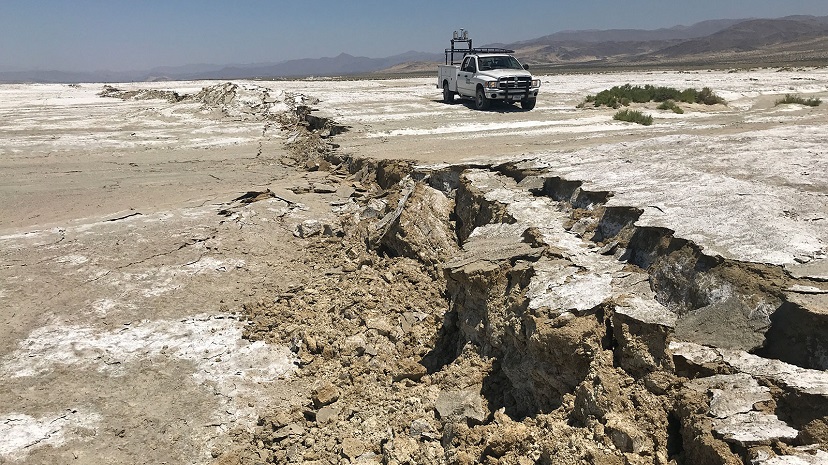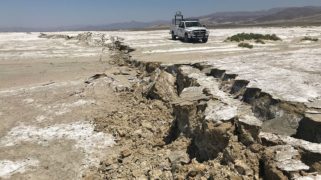
Measuring seismic activity on the city of Pasadena’s unused “dark” fiber-optic network, which was installed 30 years ago, will give Pasadena residents earthquake impact and damage predictions for each neighborhood in the area with the goal of improving public safety.
The seismic monitoring system, created and run by researchers at Caltech, leverages 23 miles of unused fiber optic cable that circles Pasadena, reports digitaljournal.com. In the cable, there are hundreds of individual fiber strands, many of which are unused, or “dark,” and made available for research use by the city.
Fiber optic networks are currently in place throughout a large number of cities and counties statewide. As a result, this opens the opportunity for a significant expansion of research throughout a number of municipalities in the area.
This research has the potential to significantly improve emergency preparedness through a better understanding of the ground beneath us as vulnerabilities are mapped and the areas predisposed to earthquake damage pinpointed.
The team spearheading this work is led by Assistant Professor of Geophysics Zhongwen Zhan, who is using the relatively new field of Digital Acoustic Sensing (DAS) for this research. DAS uses laser pulses submitted through fiber optics to sense underground activity.
Seismic waves passing through the soil cause the expansion and contraction of the cable, changing the distance the light travels between waypoints in the cable. The fluctuations in the distance the light travels are analogous to thousands of seismometers for more precise measurement of seismically created waves in the area. The measurements collected by Caltech are equivalent to having data from 30,000 seismometers, which is significant.
To store the resulting data, Caltech’s Seismological Laboratory has several graphic processing unit-enabled servers that route the data through a 40GbE network and into two high-capacity TrueNAS M40 storage systems from iXsystems. With the TrueNAS M-Series line, users are capable of expanding available capacity to more than 10 Petabytes, which provides exceptional scalability to meet research needs.
The TrueNAS M40 is an enterprise storage system built on an Open Source foundation and file system (OpenZFS). The systems offer cost-effective single or dual storage controller configurations and enterprise support for 24-7 reliability.
Each storage controller combines multiple layers of high-speed memory to boost performance.
In terms of throughput, the systems provide adequate performance headroom as data volumes increase. With a future-proof 128-bit “scale up” file system, the M40 easily expands as needed, providing the ability to simply and cost-effectively retain large volumes of research data.
The storage demands for this research are expected to be very high and the work that will be done with the data very intensive, so the TrueNAS M40 was deployed. With Caltech’s work in this area expected to grow significantly over the next year, the storage infrastructure that underpins this work will allow the research team to expand its scope of work in the coming year.
“The TrueNAS M40 brings the power of High Availability (HA) ZFS storage to Caltech’s IT backend, making it a robust data retention solution for this application,” said Morgan Littlewood, senior vice president of product management and business development. “Compared to the alternative proprietary storage options, the budget-friendly TrueNAS M40 delivers a full suite of data management features and resiliencies that ensure there are no issues during operations.”
To learn more about how TrueNAS, visit https://www.truenas.com/contact-us, or call 1-855-GREP-4-IX.














 0 comments
0 comments


